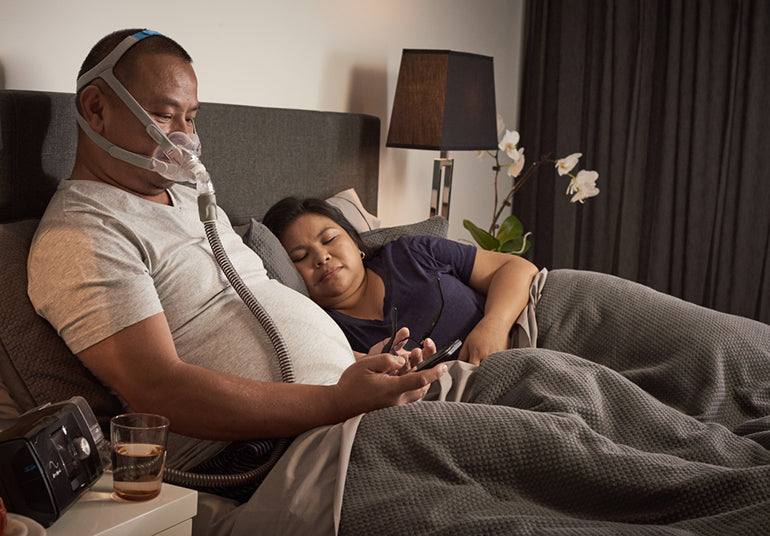
CPAP therapy, or continuous positive airway pressure therapy, is a treatment used to help individuals with sleep apnea breathe more easily during sleep. This therapy involves the use of a mask that is worn over the nose and/or mouth, connected to a machine that delivers a steady stream of air pressure to keep the airway open.
One of the main positive effects of CPAP therapy is improved sleep quality. Sleep apnea is a condition in which the airway becomes blocked during sleep, causing individuals to wake up frequently throughout the night. This can lead to a lack of restful, deep sleep, leaving individuals feeling tired and groggy during the day. By keeping the airway open, CPAP therapy allows individuals to sleep through the night without interruption, leading to improved sleep quality and an increase in energy levels during the day.
Another positive effect of CPAP therapy is the reduction of hypertension. Sleep apnea is often associated with hypertension, or high blood pressure. The constant interruption of sleep caused by sleep apnea can lead to an increase in blood pressure, putting a strain on the heart and blood vessels. By improving sleep quality, CPAP therapy can help to reduce hypertension, reducing the risk of heart disease and stroke.
CPAP therapy can also help improve cognitive function. Lack of sleep can lead to a decline in cognitive function, including memory and concentration. By improving sleep quality, CPAP therapy can help to improve cognitive function and reduce the risk of developing conditions such as dementia.
CPAP therapy can also help to reduce the risk of depression. Sleep apnea is associated with an increased risk of depression, as lack of sleep can affect mood and emotional regulation. By improving sleep quality, CPAP therapy can help to reduce the risk of developing depression and improve overall mental health.
It's important to note that CPAP therapy is not a cure for sleep apnea. It's a treatment that helps alleviate the symptoms of sleep apnea, but it's not a permanent solution. Individuals who have sleep apnea should continue to use CPAP therapy as prescribed by their doctor. In some cases, lifestyle changes such as losing weight and quitting smoking may also be recommended to help reduce the symptoms of sleep apnea.
In conclusion, CPAP therapy is a highly effective treatment for sleep apnea. It can improve sleep quality, reduce hypertension, improve cognitive function, reduce the risk of depression, and improve overall quality of life. If you're experiencing symptoms of sleep apnea, it's important to speak with your doctor about CPAP therapy and other treatment options. With the help of CPAP therapy, you can finally get the restful sleep you need to lead a healthy and fulfilling life.

